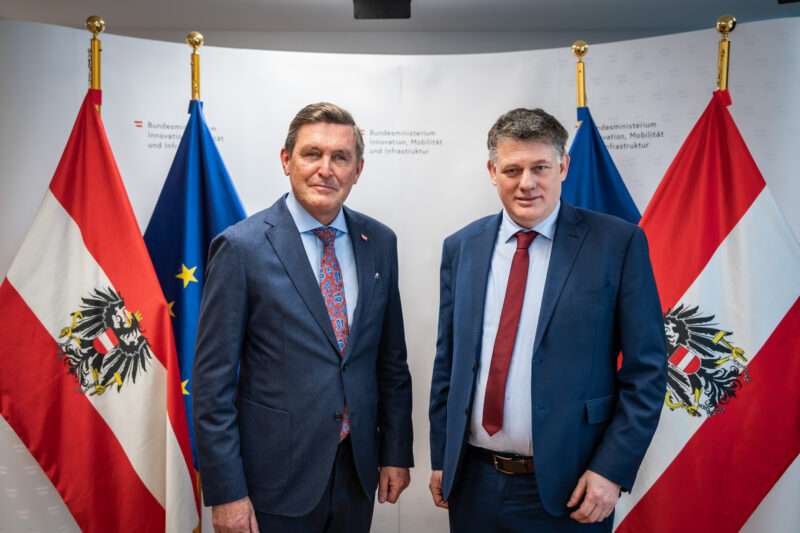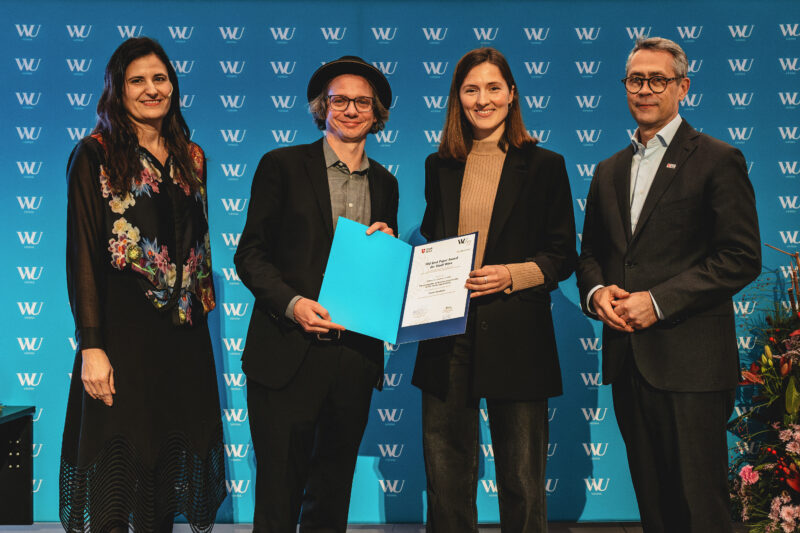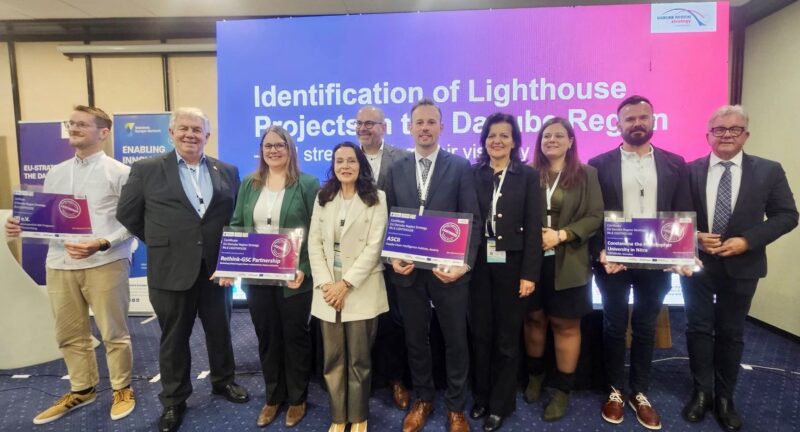
Research, Technology and Innovation Strategy: Setting Priorities
Artificial intelligence, supply chain difficulties in the wake of the COVID-19 pandemic, Russia's attack on Ukraine, high inflation, the election of a USA government that is strongly in favour of international self-isolation – all of these points lead to new challenges for RTI activities in Austria, even though the economic situation and public funding capacity have deteriorated significantly. In the second half of the RTI strategy, efforts should therefore be focused on core challenges in order to maximise the benefit of public funds.
The impact of the public funds used should be increased through evaluations, structural reforms and increased mobilisation of private funds. "Austria has been spending more on research and development than the leading EU countries for more than ten years, but does not reach their level of performance", says study coordinator Jürgen Janger (WIFO).
Among the core structural challenges, the team of authors sees the promotion of human resources with a particular focus on gender and STEM, improving the excellence of the research system, e.g. through structural reforms of universities and increasing private venture capital investment. A specific core challenge is to support the research, application and diffusion of key technologies, in particular artificial intelligence and green tech for tackling climate change. A broad evaluation of the entire RTI system could provide an evidence base for reforms.


















